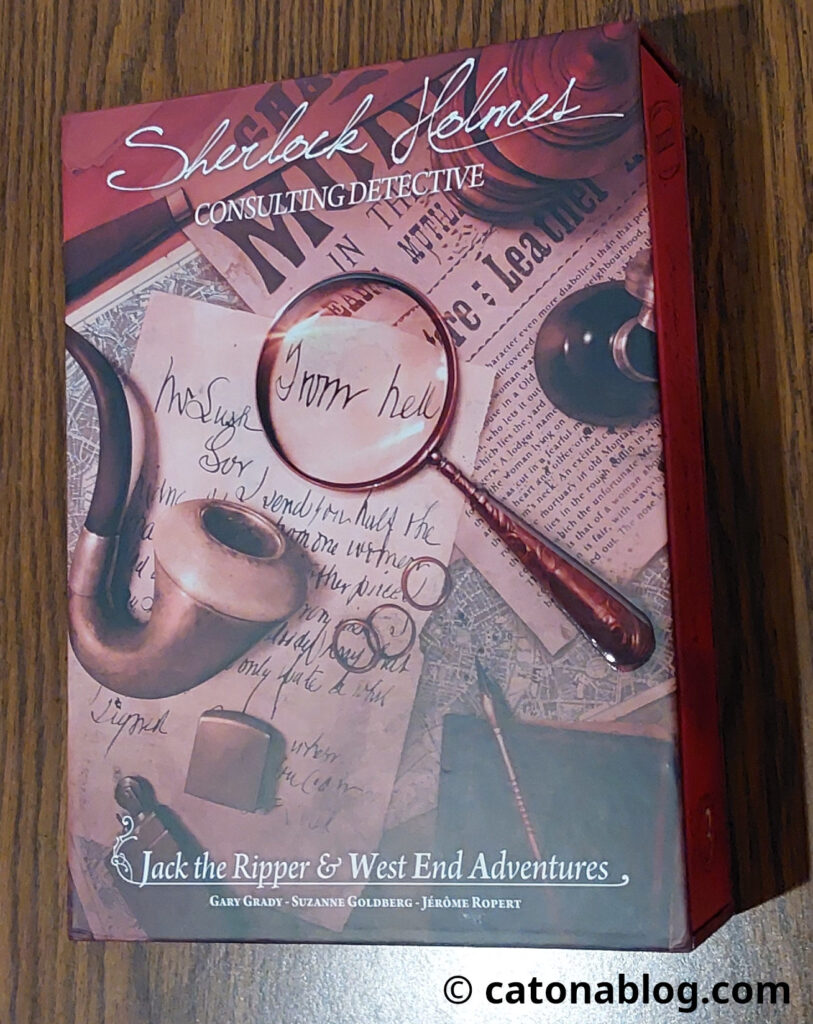
Sep 12th, 2025 Friday Sunny
There is an anime that I have been following since middle school, “detective conan”, also called “case closed”.
The first few seasons were aired on the TV, during prime time (after school and before dinner). The setting – a high school detective whose body shrank to that of a seven-year-old, though his deduction power stays unchanged – was novel and believable, and the depiction of campus life was very relatable. As a mystery show, the tricks involved in various murders were intriguing, and revelation of motives of the criminals were usually a little sentimental. It was such a hit at the time that even some teachers would recommend that parents watch it with their kids.
However, I did not become more committed to this cartoon until college, when I was busy with staying up with coursework for two majors. My time being meticulously managed to ensure that all the previews, reviews, homework, lab reports, and studying for exams are accounted for, I could only relax for less than one hour, while eating lunch/dinner. I wanted to watch something fun, yet I had to be ready for my next class. Fortunately, this series suited my needs.
It is a story with a main plot line (which has progressed only a limited amount in the last two decades plus), the thousands of cases making up of the bulk of the characters’ adventures are independent of each other. Most of the time, the cast that appear in the current case (always with a brief introduction early in the narrative) will either be killed (by themselves but most likely by someone else), arrested (after the killing and the mechanism was revealed by Conan), or forgotten (you will never see them again). The suspense created is, without exception, completely resolved by the end of the second/third episode. This style, known as “unit drama”, is very friendly on the memory of the audience, since there is no reason to hold much information in your head until days later in order to totally understand what is going on, a definite advantage for an already overwhelmed student trying to absorb many subjects.
Moreover, the duration for each chapter is definite (to the second), and I know for sure that I would get fully satisfied within fifty minutes, with no temptation to stay longer (the suspense is over, after all). It is this knowledge that allows me to thoroughly unwind, submerging myself into another world, and only return to reality at the sound of the ending song.
In other words, this is a perfectly fitted block of time, with engaging features and well-delivered promise of enjoyment but no risk of taking up more space than what is assigned.
As a matter of fact, this notion of compartmentalizing time into distinct chunks is unique and common in industrialized, modern, and urban societies, where productivity is valued and carefully measured. Even in life outside work, we feel urged to segment our free hours into all kinds of chores, responsibilities, with only a slice carved out as “me time” or “family/friend time”. We rarely have the luxury to go beyond the original quota, because that means cutting short on some other activity (or sleep).
Therefore, entertainment “projects” that seem too open-ended may get chosen less and less, for the fear that they would eat up too much of our time. On the contrary, those with a bound span are favored – if the experience is excellent, we can come back for more, at our discretion, another day.
So when will the last four-chapter enigma of this Sherlock Holmes game be played?
Maybe we will wait for a LONG LONG weekend.